The International Library of Psychology
THE MIND IN SLEEP

Founded by C. K. Ogden
The International Library of Psychology
GENERAL PSYCHOLOGY
In 38 Volumes
| I | The Neurosis of Man | Burrow |
| II | Creative Imagination | Downey |
| III | The Caveman Within Us | Fielding |
| IV | Men and their Motives | Flugel |
| V | The Mind in Sleep | Fortune |
| VI | The Mind and its Body | Fox |
| VII | Practical Psychology | Fox |
| VIII | Man for Himself | Fromm |
| IX | The Law Within | Fuller |
| X | The Nature of Laughter | Gregory |
| XI | Readings in General Psychology | Halmos et al |
| XII | The Psychologist at Work | Harrower |
| XIII | The Psychology of Philosophers | Herzberg |
| XIV | Emotion | Hillman |
| XV | The Foundations of Common Sense | Isaacs |
| XVI | The Psychology of Consciousness | King |
| XVII | The Sciences of Man in the Making | Kirkpatrick |
| XVIII | The Person in Psychology | Lafitte |
| XIX | Mans Unconscious Passion | Lay |
| XX | Psychological and Biological Foundations of Dream-Interpretation | Lowy |
| XXI | Nervous Disorders and Character | Mckenzie |
| XXII | An Historical Introduction to Modern Psychology | Murphy |
| XXIII | Modern Theories of the Unconscious | Northridge |
| XXIV | The A B C of Psychology | Ogden |
| XXV | The Psychology of Thought and Feeling | Platt |
| XXVI | Introductory Psychology | Price-Williams |
| XXVII | Empirical Foundations of Psychology | Pronko et al |
| XXVIII | Psychotherapy | Schilder |
| XXIX | The Psychology of Time | Sturt |
| XXX | The Origins of Love and Hate | Suttie |
| XXXI | Art and the Unconscious | Thorburn |
| XXXII | The Elements of Psychology | Thorndike |
| XXXIII | Telepathy and Clairvoyance | Tischner |
| XXXIV | Human Psychology as Seen Through the Dream | Turner |
| XXXV | The Psychology of Self-Conciousness | Turner |
| XXXVI | The Psychology of Economics | Weisskopf |
| XXXVII | The Measurement of Emotion | Whately Smith |
| XXXVIII | How to be Happy Though Human | Wolfe |

First published in 1927 by
Kegan Paul, Trench, Trubner & Co., Ltd.
Reprinted in 1999, 2001 by
Routledge
2 Park Square, Milton Park, Abingdon, Oxon OX14 4RN
Transferred to Digital Printing 2006
Routledge is an imprint of the Taylor Francis Group
Francis Group
1927 R F Fortune
All rights reserved. No part of this book may be reprinted or reproduced or utilized in any form or by any electronic, mechanical, or other means, now known or hereafter invented, including photocopying and recording, or in any information storage or retrieval system, without permission in writing from the publishers.
The publishers have made every effort to contact authors/copyright holders of the works reprinted in the International Library of Psychology. This has not been possible in every case, however, and we would welcome correspondence from those individuals/companies we have been unable to trace.
These reprints are taken from original copies of each book. In many cases the condition of these originals is not perfect. The publisher has gone to great lengths to ensure the quality of these reprints, but wishes to point out that certain characteristics of the original copies will, of necessity, be apparent in reprints thereof.
British Library Cataloguing in Publication Data
A CIP catalogue record for this book
is available from the British Library
The Mind in Sleep
ISBN 978-0415-21017-1
General Psychology: 38 Volumes
ISBN 0415-21129-8
The International Library of Psychology: 204 Volumes
ISBN 0415-19132-7
ISBN 978-1-136-32095-8 (ePub)
Printed and bound by CPI Antony Rowe, Eastbourne
CONTENTS
THE problem of the effect of a consciously held theory on dreams is one that requires some attempt at solution. There is a possibility that self-observation of dreaming may be nugatory if dreaming is greatly affected by conscious opinions regarding what may be expected to be found in it.
In the type of dream with which I shall deal in the following pages this possibility is at a minimum. It is a characteristic of the dreams with which I shall deal that they are in opposition, and in more or less direct variance, to consciously approved opinion. On these dreams conscious opinion has little, if any, effect. There is, however, another type of dream, a type that expresses conscious opinion in dramatic form ; and this type, in striking comparison with the type with which I am primarily concerned, is responsive to waking thought.
As particular proof of the freedom of the dreams of my treatment from the danger which I have indicated I may instance the dream that I have named the dream of Stopes. It is Rivers contention that the analyses of dreams which take place under the dominant attitude of one who disbelieves, or is supposed to disbelieve, in the influence of sex will tend to give results in accordance with this attitude, or supposed attitude, of the analyser. At the time of dreaming this dream I had definitely rejected Freuds code of sex symbolism. Nevertheless, far from my dream conforming to my rejection of the code, remaining in accordance with my conscious belief, it behaves in a diametrically opposed manner, using one of the least obvious sex symbols which Freud mentions for a latent content most certainly sexual. This freedom from consciously held opinion is typical of the class of dreams which I have studied.
Far from the formulation of a theory having ordered my dreaming to pattern, it has apparently had the reverse effect. The dreams on which I have built my theory were all dreamt in 1923, with the exception of the dream of Irisesat a time when I had no certain opinion, no theory of my own, no attachment to Freuds theory, which they tend in some measure to confirm, and before Rivers theory was published, or had reached New Zealand, a theory which they tend in great measure to confute. Since then I have noted but one dream in which this pattern has been repeated, the dream of Irises, which was not susceptible to such complete analysis as was necessary before it proved to be in conformity with my theory until six months after dreaming, and which, until then, I had thought was an exception. Since it is a characteristic of these dreams to be in violent opposition to consciously held opinion, it follows that, so far as a theory of dreams has influence on dreaming, such a theory should produce dreams which disprove it. Such an occurrence I have not noted ; and I think it is easily possible to exaggerate the influence of waking theory on dreams of the type under review.
Next page

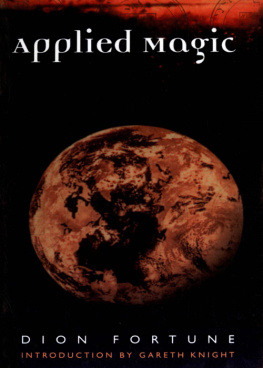
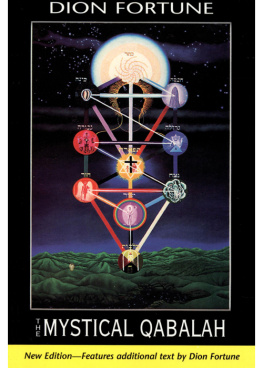
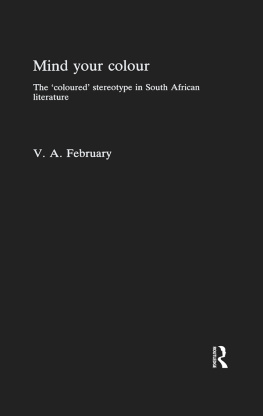

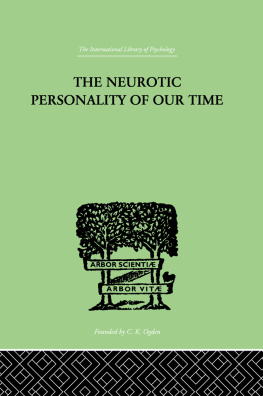
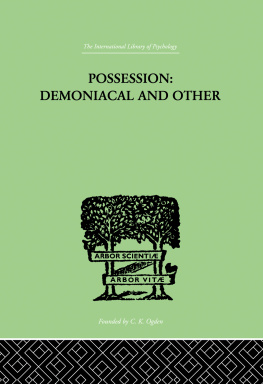

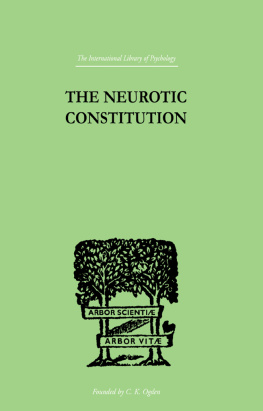
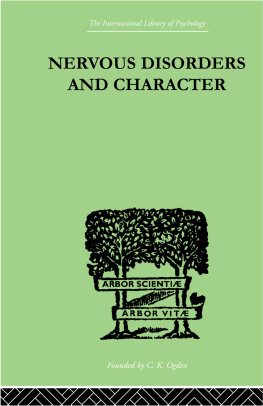
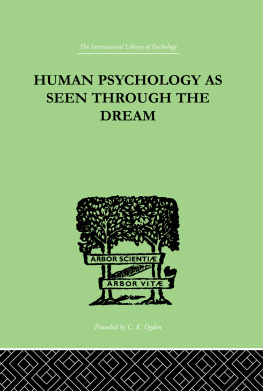
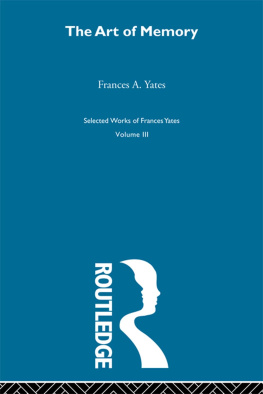


 Francis Group
Francis Group